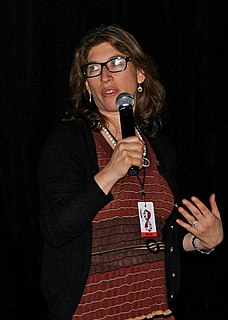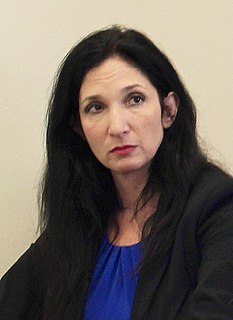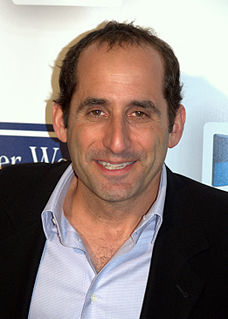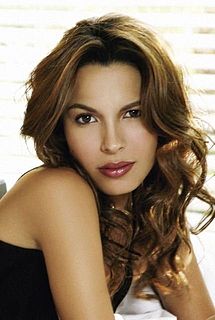A Quote by Lauren Greenfield
The 1970s were the height of social mobility. College was accessible. My grandfather was a poor immigrant who went to a public school in Ohio, and my father went to Harvard. That wasn't unusual. There was a feeling that anything was possible and you didn't have to be born into money to have a successful life. Now, people don't believe in the idea that anything is possible. We have more inequality than we've had ever before and a greater concentration of wealth in the hands of a few.
Quote Topics
Accessible
Anything
Anything Is Possible
Before
Believe
Born
College
Concentration
Concentration Of Wealth
Don't Believe
Ever
Father
Feeling
Few
Grandfather
Greater
Had
Hands
Harvard
Height
Idea
Immigrant
Inequality
Life
Mobility
Money
More
My Grandfather
Now
Ohio
People
Poor
Possible
Public
Public School
School
Social
Social Mobility
Successful
Successful Life
Than
Unusual
Wealth
Were
Related Quotes
Some friends of mine in the class ahead of me in college were auditioning for graduate school in New York, and then a few of them got into Juilliard, and it sort of opened my eyes. I didn't really know anything about it, but it opened my eyes to a possible next step after school, where I could just deepen my knowledge and also not be responsible for life and stay in school.
I'm grateful for anything that reminds me of what's possible in this life. Books can do that. Films can do that. Music can do that. School can do that. It's so easy to allow one day to simply follow into the next, but every once in a while we encounter something that shows us that anything is possible, that dramatic change is possible, that something new can be made, that laughter can be shared.
Narratives that were taken for granted when I was a kid are still there, but they don't have the same depth and fervor anymore. Even the makers of the propaganda don't fully believe the propaganda. The surface structures are more frozen than they ever were, but the core is hollowing out, and it's becoming very fragile. People don't believe in the system anymore. But they're still going along with it because, one, they don't know what else is possible, they don't even know anything else is possible. Secondly, everybody else is doing it. So they go through the motions.
The lessons I learned from my mother and her friends have guided me through death, birth, loss, love, failure, and achievement, on to a Fulbright scholarship and Harvard Business School. They taught me to believe that anything was possible. They have proven to be the strongest family values I could ever have imagined.
Life is. I am. Anything might happen. And I believe I may invest my life with meaning. The uncertainty is a blessing in disguise. If I were absolutely certain about all things, I would spend my life in anxious misery, fearful of losing my way. But since everything and anything are always possible, the miraculous is always nearby and wonders shall never, ever cease.
[After my mother died, I had a feeling that was] not unlike the homesickness that always filled me for the first few days when I went to stay at my grandparents'' house, and even, I was stunned to discover, during the first few months of my freshman year at college. It was not really the home my mother had made that I yearned for. But I was sick in my soul for that greater meaning of home that we understand most purely when we are children, when it is a metaphor for all possible feelings of security, of safety, of what is predictable, gentle, and good in life.
I've been blessed by learning certain principles and values that transformed my life and enabled me to accomplish more than I really had the ability to do or ever dream possible. And so I decided that I wanted to give as many other people as possible the opportunity to learn these ideas and transform their lives as I had.








































